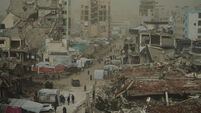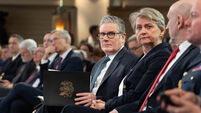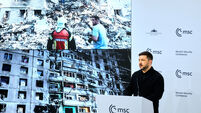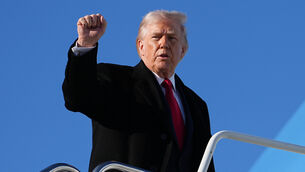Top UN court says Israel must allow UN relief agency to supply aid to Gaza
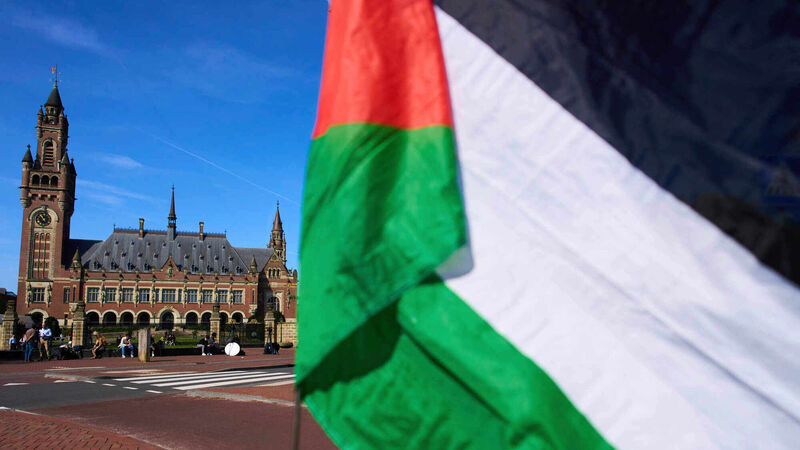
The International Court of Justice said on Wednesday that Israel must allow the UN aid agency in Gaza, known as UNRWA, to provide humanitarian assistance to the war-torn territory.
The UN General Assembly asked the court last year to give an advisory opinion on Israel’s legal obligations after the country effectively banned the UN agency for Palestinian refugees, the main provider of aid to Gaza, from operating in the territory.




